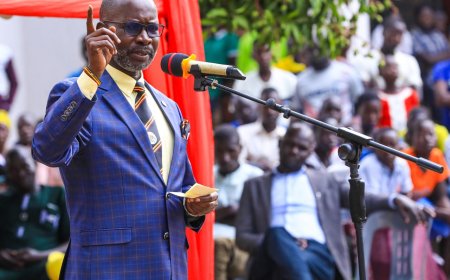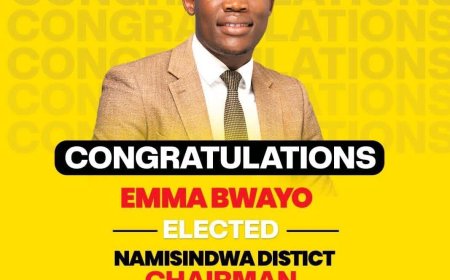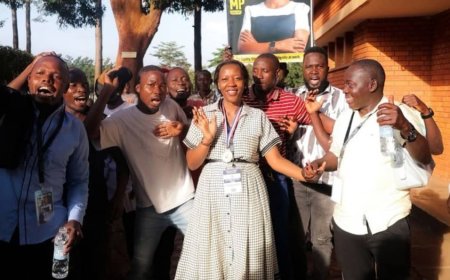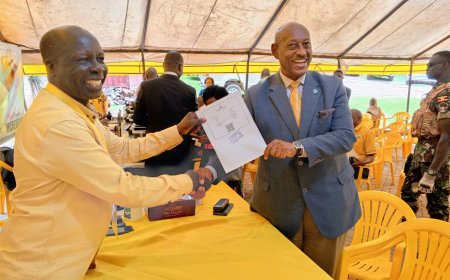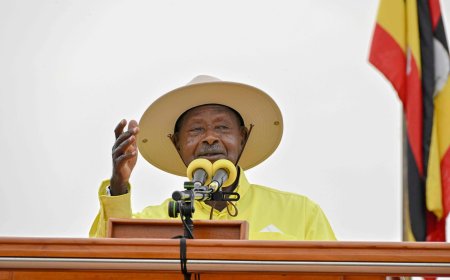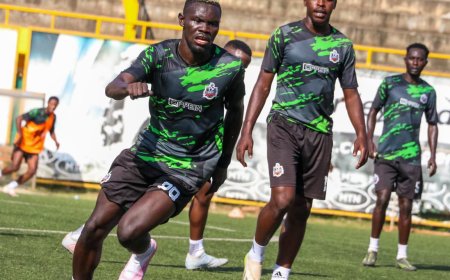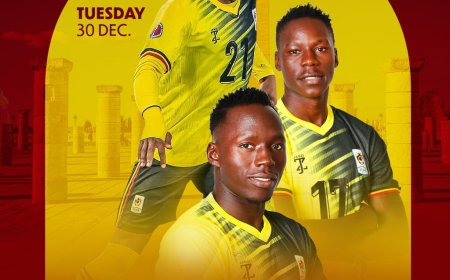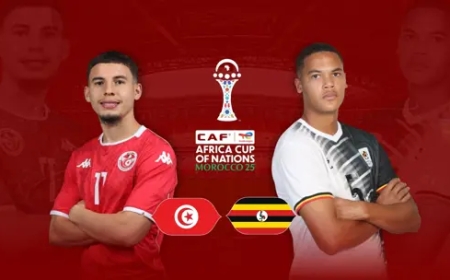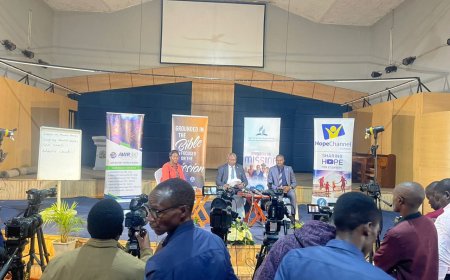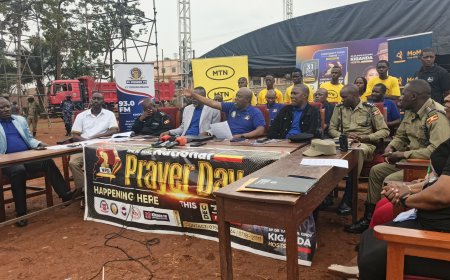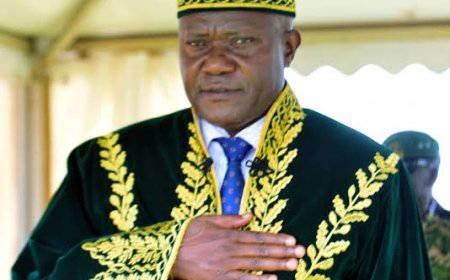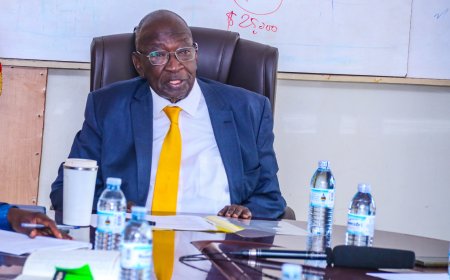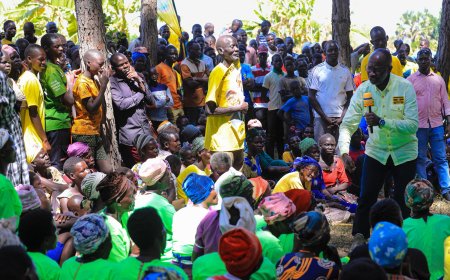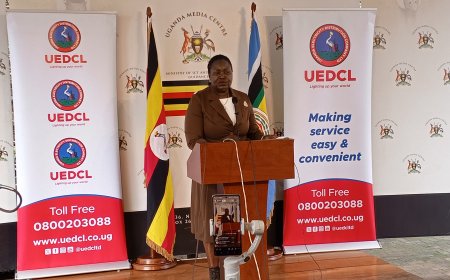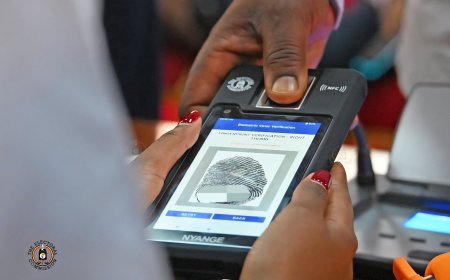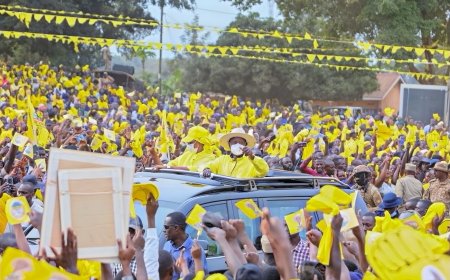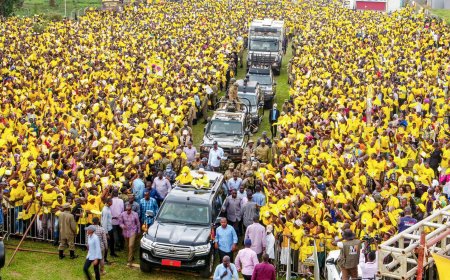Zimbabwe opposition claims victory, contesting president's re-election
Zimbabwe's opposition leader Nelson Chamisa on Sunday contested the official re-election of President Emmerson Mnangagwa and claimed victory in an election which international observers said fell short of democratic standards.
HARARE - Zimbabwe's opposition leader Nelson Chamisa on Sunday contested the official re-election of President Emmerson Mnangagwa and claimed victory in an election which international observers said fell short of democratic standards.
Mnangagwa, 80, won a second term with 52.6 percent of the ballots against 44 percent for his main challenger, Chamisa, 45, according to official results announced late Saturday by the Zimbabwe Electoral Commission (ZEC).
The opposition Citizens Coalition for Change (CCC) refused to ratify the results, asserting that they were "false".
"We have won this election. We are the leaders. We are even surprised why Mnangagwa has been declared a leader," Chamisa, a lawyer and pastor who heads the CCC, told a press conference in the capital Harare.
Zimbabweans voted Wednesday and Thursday for a president and new parliament, in polling marred by delays that sparked opposition accusations of rigging and voter suppression.
"We knew we were going into a flawed election. We have a flawed voters roll, a flawed delimitation report. We had a flawed ballot. It was a flawed electoral environment," Chamisa said.
Earlier in the day at the presidential palace, Mnangagwa challenged those who contested his re-election to go to court.
"Those who feel the race was not run properly should know where to go to," he said.
The vote has been watched across southern Africa as a test of support for Mnangagwa's ZANU-PF party, whose 43-year rule has been accompanied by a moribund economy and charges of authoritarianism.
The UN Secretary-General Antonio Guterres voiced concern on Sunday about "the arrest of observers, reports of voter intimidation, threats of violence, harassment and coercion."
Guterres issued a statement urging all sides to "peacefully settle any disputes through established legal and institutional channels" and resolve disputes "in a fair, expeditious, and transparent manner to ensure that the results are a true reflection of the will of the people".
Foreign monitors announced Friday that the elections had failed to conform to regional and international standards.
'MATURE DEMOCRACY'
Observer missions from the European Union, the Commonwealth and the 16-nation Southern African Development Community (SADC) listed a number of concerns, including the banning of opposition rallies, issues with the voter registration rolls, biased state media coverage and voter intimidation.
That did not stop Mnangagwa from thanking "various election observation missions who have been witnessing our electoral processes without bias".
Although he also countered criticism by saying "we have demonstrated that we are a mature democracy".
"As a sovereign state, we continue to call on all our guests to respect our national institutions," he said.
But for political analyst Rejoice Ngwenya: "The CCC has good grounds to go to court and challenge the outcome."
In the streets of Harare, some people expressed their disillusionment.
"The results were no good, there's something wrong somewhere," Godwell Gonye told AFP.
Another man, who asked to remain anonymous, confessed he hadn't looked closely at the results.
"We accept them for as they are, it's the decision of the majority and we respect it," he said.
ZEC chairwoman Justice Chigumba said Mnangagwa had garnered more than 2.3 million votes and Chamisa more than 1.9 million.
By securing more than half the votes cast, the president avoided a run-off. Voter turnout was 69 percent, the commission said.
'CROCODILE'
Nicknamed "The Crocodile", Mnangagwa first came to power after a coup that deposed the late ruler Robert Mugabe in 2017.
A year later, he narrowly beat Chamisa a first time in a vote the opposition leader condemned as fraudulent, and which was followed by a deadly crackdown.
This time, voting was forced to stretch into an unprecedented second day because of delays in printing of ballot papers in some key districts, including the opposition stronghold Harare.
A former British colony, Zimbabwe gained independence in 1980 after a long guerrilla war.
But under Mugabe, its first leader, the fledgling democracy spiralled into hardline rule and economic decline, with hyperinflation wiping out savings and deterring investment.
The opposition had hoped to ride a wave of discontent over corruption, rising prices, unemployment and entrenched poverty.
But ZANU-PF was also declared the winner in the parliamentary race, securing 136 of the 210 seats up for grabs under a first-past-the-post system, against 73 for the CCC. One seat was not assigned due to the death of a candidate.
Another 60 are reserved for women appointed through a party-list system of proportional representation.
